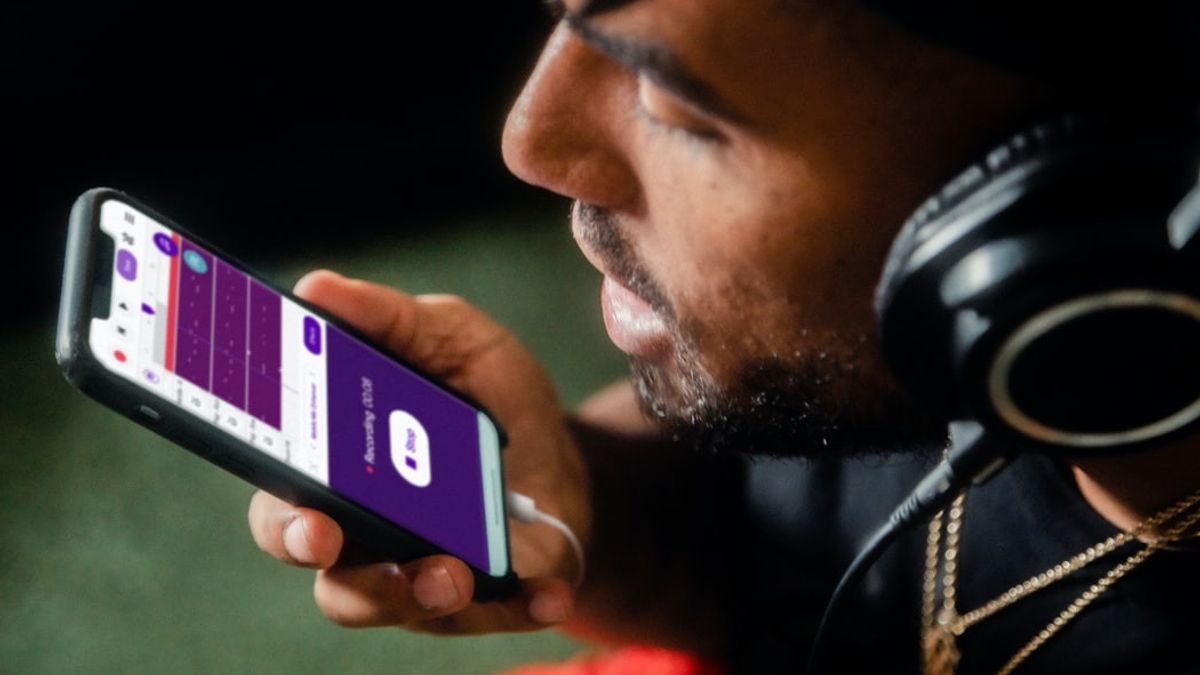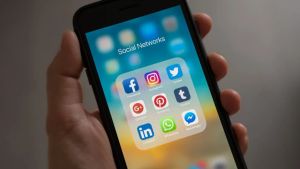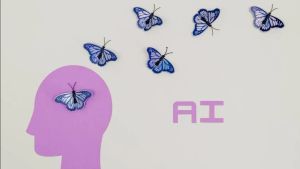JAKARTA - Along with the effectiveness of voice cloning technology, this technology is now increasingly attractive to cyber criminals and perpetrators.
Voice cloning is when a computer program is used to produce a customizable and synthetic copy of a person's voice.
From the recording of a person speaking, the software can then replicate his voice speaking any word or sentence that is typed into the keyboard.
This software can pick up not only your accent - but also your timbre, pitch, pace, flow of speech, and breathing.
The clone's voice can even be changed to describe any emotion needed - such as anger, fear, happiness, love or boredom.
Tim Heller, a 29-year-old dubbing artist and actor from Texas, now claims he can do everything from portraying cartoon characters, telling audiobooks and documentaries, speaking in video games, and voiceover in movie trailers.
He said he recently turned to voice cloning for "future proof" of his career. Voice cloning technology allows him to get more work. For example, he could offer to send a clone of his voice to do one of the jobs instead.
"If I'm booked for another job, then I can position my 'dub' as an option that can save clients time, and generate passive income for myself," Heller says.
To clone his voice, Heller went to a Boston-based business called VocaliD - one of a growing number of companies now offering the service.
Rupal Patel, founder and chief executive of VocaliD, who is also a professor of communication and distraction science at Northeastern University, has been researching this for a long time.
Prof Patel founded the VocaliD business in 2014 as an extension of his clinical work creating artificial sounds for patients who cannot speak unaided, such as people who have lost their voice after surgery or are sick.
Technology powered by artificial intelligence, software that can "learn" and adapt itself, has now grown rapidly over the last few years. This has caught the attention of voiceover artists.
"We also specialize in making custom voices with more diverse accents," said Prof Patel. "We've made some transgender voices, we've made gender-neutral voices. Technology has to speak the way we all speak, we all have unique accents and voices."
Voice cloning can also be used to translate actors' words into different languages. Even US film production companies now no longer need to hire additional actors to make dubbed versions of their films for overseas distribution.
Canadian company Resemble AI says it can convert cloned English voices into 15 other languages.
Its chief executive Zohaib Ahmed said that in order to produce a quality copy of a person's voice, the software requires a recording of a person speaking in just 10 minutes.
"When AI studies your voice, it learns many properties, such as timbre and pitch, and intensity," he says. "But it also studies thousands of other features of a person's voice that may not be very clear to us."
The increasing sophistication of voice cloning not only has clear commercial potential, but also raises growing concerns that it could be used in cybercrimes. For example to trick people, with your cloned voice.
Along with computer-generated fake videos, voice cloning is also called a "deepfake". Cybersecurity expert Eddy Bobritsky, Director of Israel Minerva Labs, said there are "huge security risks" that come with synthetic voices.
"When it comes to email or text messaging, it's been known for years that it's quite easy to imitate someone else," said the boss of Israeli company Minerva Labs. "But until now, talking on the phone with someone you trust and know well is one of the most common ways to make sure you really know that person."
Bobritsky said that now the world has changed. "For example, if a boss calls an employee asking for sensitive information, and the employee recognizes the voice, the immediate response is to do what is asked. This is the avenue for many cybercrimes," he added.
The English, Chinese, Japanese, Arabic, and French versions are automatically generated by the AI. So there may still be inaccuracies in translating, please always see Indonesian as our main language. (system supported by DigitalSiber.id)













